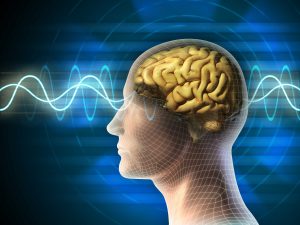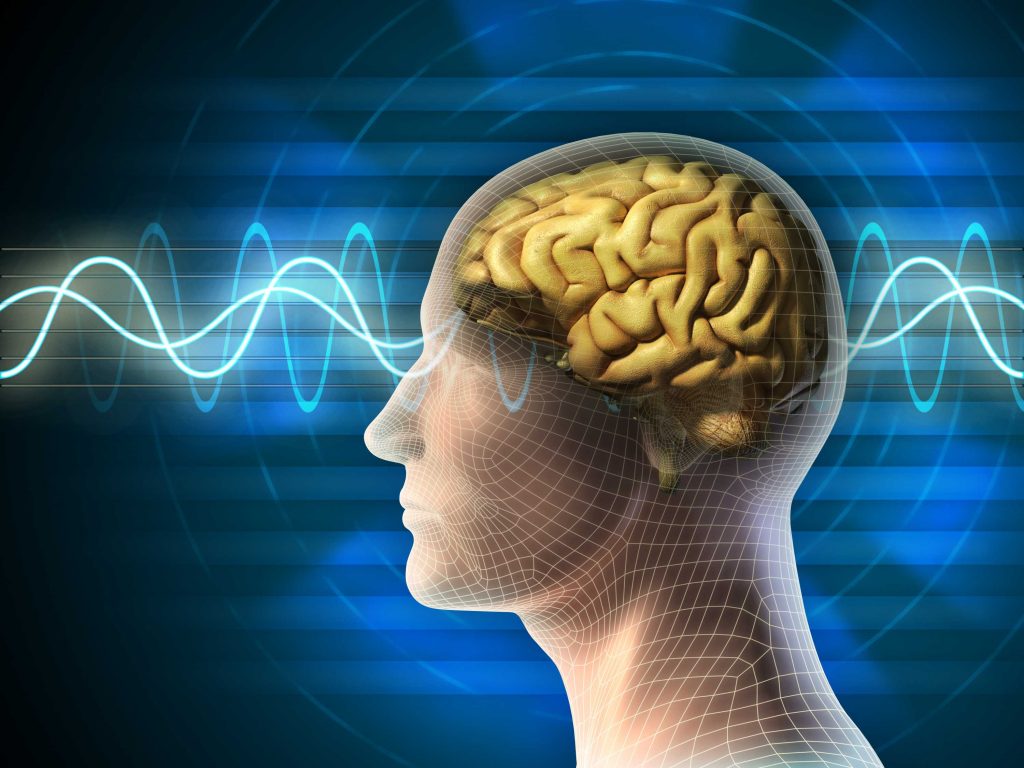

Credit: Fotolia.com


Our body and mind have an intricate and interesting inter-dependable relationship. We know how exercise helps us to feel better and confident of ourselves, and recreational physical activities like playing sports, hiking or even body massage, rejuvenates us and relaxes our mind. These are some of the ways by which the body influences our mind and attempts to alter the mental state. However, we sometimes forget that this is a two-way process, and we can also influence our body by inducing changes to our mental state.
It is a known fact that when we face difficult situations, undergo overwhelming circumstances, or indulge in incessant worrying, we experience a negative state of mind in the form of anxiety, stress and anger. It has been proved through research that these mental attributes have a detrimental effect on our body, in addition to our mental health, and cause increased muscle tension in the body. The physical effect of this mental setup is not only limited through various signs and symptoms like having headaches and back pain, but also manifests as constipation, skin disorder, and other physical disorders.
Grave effects of mental ill health include developing abnormal blood pressure, acquiring diabetes, building up heart disease, or increasing the chances of getting a stroke. Depression, one of the mental ill health states, is responsible for increase in mortality from these major physical diseases. A disturbed mind may even trigger practices or habits that lead to gaining of weight, setting up of irregular metabolism, or even exhibiting psychosomatic illness in the body. However, the kind of effect one experiences is a matter of subjectivity, and varies from person to person. Conclusively, there is no denying that mental health affects one’s physical health.
Mental health can be roughly defined as the ability to enjoy life, have a resilient character, achieve balance in life, and have greater emotional and cognitive flexibility. Since such a person would enjoy good sleep, follow an adequate nutrition diet, and lead a lifestyle conducive to stress-free living, as stress is the main culprit that robs the body of its health status. A stable, calm, and peaceful mind is quintessential to maintain a good heart health, get rid of body toxins, and develop a strong immune system of the body.
Ways to eliminate stress in order to attain good mental health include developing healthy mental habits such as indulging in mindful exercises like meditation, visualization, and observing one’s thoughts, which helps one release the tension and clear the mind, making it relaxed and focused. Being optimist, practicing positive affirmations, and bearing positive attitude makes one more determined, positive, and powerful to endure or lessen body pains. It has been found that encouraging forgiving intentions or letting go, also reduces mental stress that helps reduce the body toxins and vulnerability to physical problems.
We can leverage this information and understanding to develop good mental health and thus improve our physical health. Somebody once said: “You become what you think about,” and it holds good in matters of health.
View Comments
Thx madam!, your programme is educative. Are answers available on environmental impacts assessment?
Environment affects both, the mental and physical health of an individual; however, there are various kinds of environmental stimuli that impact us. I am glad you liked the information and found it to be useful.